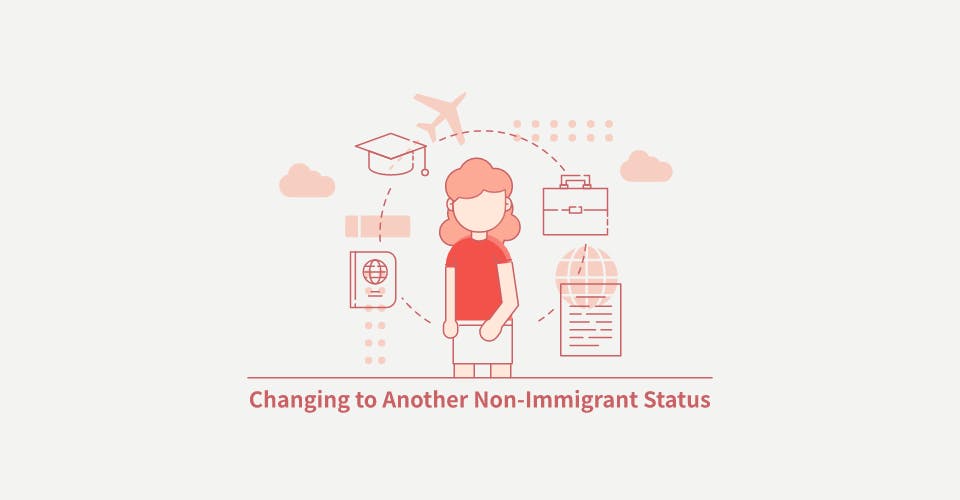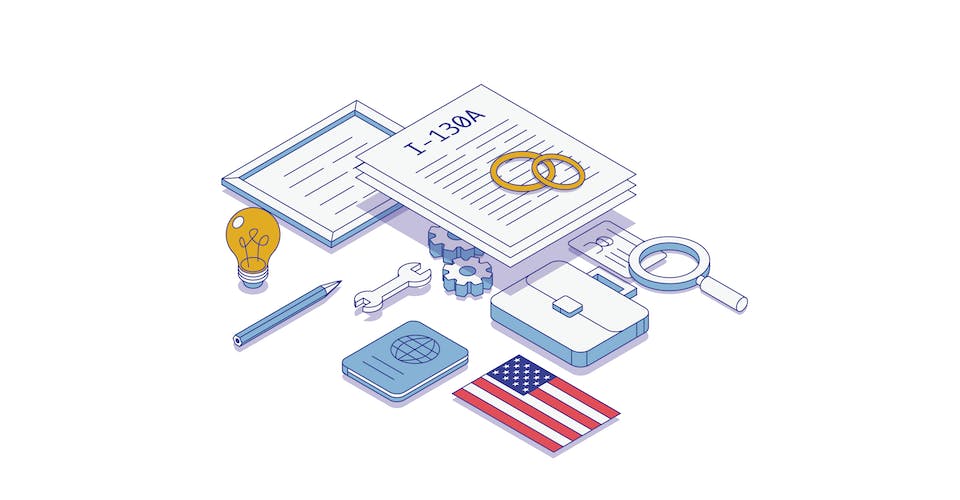For sponsors of a green card applicant, the I-864 is a critical USCIS document. Through filing, the USCIS will receive much information about the sponsor's financial situation—where the sponsor works, their job title, whether they have filed their tax returns for the immediately prior fiscal year, the sponsor's assets and liabilities (if applicable), and the sponsors current annual income (before taxes). This information is relevant for two reasons:
1. The USCIS will use the sponsor's annual income per their intended household size to see if the applicant meets the HHS Federal Poverty Guideline. This will help determine eligibility.
2. The USCIS will use the sponsor's assets and liabilities if necessary.
When to Include your Assets
Per the second point, some sponsors will want to include information about their current assets. Others can simply skip this section if they feel they have a sufficient annual income.
Part 7 of the I-864 refers to the applicant's assets, and also liabilities (i.e. debts), that need to be paid off. This section is needed for the sponsor who is below the minimum income threshold per their household size. Applicants can use this section, and their assets to meet the income requirement that would be needed in order to support the intended beneficiary when they become a legal resident.
Applicants should be aware that they can only include the eligible assets—meaning the assets that can be converted into cash within one year and without considerable hardship or financial loss to the owner or other family members. The consular or immigration officer who is reviewing the case must be convinced that the value of the asset could be converted, reasonably, and made available to support the beneficiary.
For example, an applicant should not include their vehicle as an asset if that is the only household’s vehicle, as selling the car to meet an income requirement would mean several family members would have to rely on inefficient public transport, which would ultimately be a hardship as mentioned above.
An applicant could, however, include the following assets as they can more easily be converted into a cash payment:
1. The applicant's stocks, bonds, and other deposits that are considered high liquidity.
2. An additional vehicle that is no longer in use by the household but could be sold for a cash payment.
3. The value of another property owned by the sponsor (the sponsor should hire a professional appraiser to prepare an accurate estimate).
4. Any other balances from checking/savings accounts.
Formula for Asset Requirement
According to immigration experts (AILA, 2021) in order to qualify for being a sponsor based on ones assets helping to meet the HHS Federal Poverty guideline, the total dollar value (USD) of your assets must be at least 5x the difference between the sponsors income and the applicable poverty threshold per household size. This might sound complicated, but let’s look at a brief example to better understand this:
Let’s say your beneficiary is coming to the U.S with his/her child. That means your household size will be 3 (sponsor, beneficiary, and child). With a household size of 3, the 125 percent of HHS poverty level is a minimum annual income of $27,150 per 2021.
If the sponsor has an annual income of $15,000, the difference or shortfall is $12,150. Thus here is where the sponsor will need to do some math and see if their assets are significant in meeting income requirements. The sponsor will take the shortfall, ($12,150) and multiply by 5, which equals $60,750. The sponsor's total asset value needs to equal at least $60,750 per this example. The USCIS will also take into account liabilities, too, if the applicant has any.
Any applicant looking to use their assets should use this calculation to determine if they will meet the income requirements via assets. For reference, all of the annual income minimums by household size are already listed on the USCIS website: https://www.uscis.gov/i-864p.
Link to PDF: https://www.uscis.gov/sites/default/files/document/forms/i-864-pc.pdf














